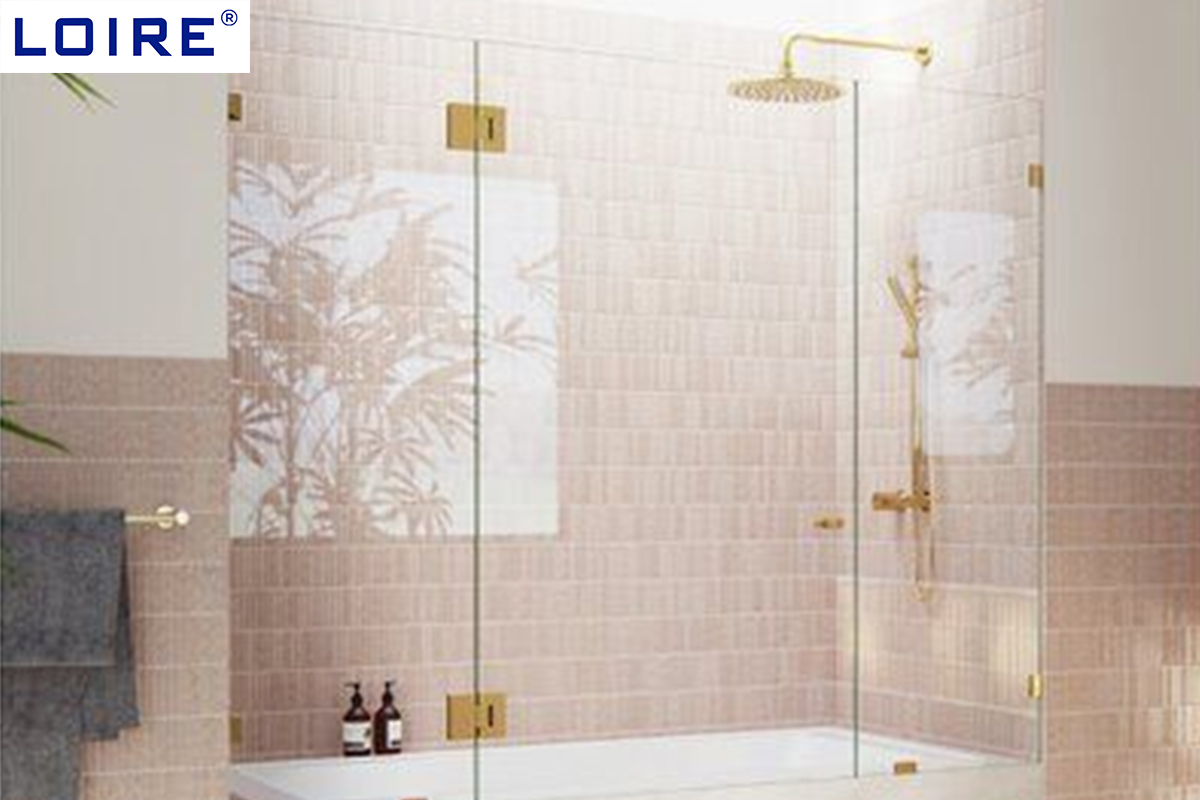How thick is frameless glass panel?

Frameless glass panels can vary in thickness, but the most commonly used thicknesses for frameless glass panels are typically 3/8 inch (10mm) and 1/2 inch (12mm). These thicknesses strike a balance between strength, safety, and aesthetics. The choice of thickness can depend on the specific application and design considerations. Here's a brief overview of the common thicknesses and their applications:
1. 3/8 Inch (10mm):
1.1 Common Uses:
3/8-inch thick frameless glass panels are often used in shower enclosures, interior glass partitions, and glass doors. They are suitable for most residential applications and offer a clean and modern look while providing adequate structural integrity.
1.2 Advantages:
This thickness is lighter and less expensive than thicker glass options, making it a popular choice for residential and some commercial installations.
1.3 Considerations:
While 3/8-inch glass provides safety benefits due to tempering, it may not be suitable for applications with higher structural requirements or tall panels. Consultation with a professional is advised.
2. 1/2 Inch (12mm):
2.1 Common Uses:
1/2-inch thick frameless glass panels are often employed in more demanding applications. They are suitable for larger glass doors, glass wall systems, and floor-to-ceiling windows. These panels are also common in some commercial settings.
2.2 Advantages:
Thicker glass provides increased strength and durability, making it suitable for tall or wide panels. It can withstand higher wind loads and structural demands.
2.3 Considerations:
While 1/2-inch glass offers excellent strength, it is heavier and more costly than thinner options. Proper hardware and support are necessary for these panels.
It's important to note that the choice of glass thickness should be made with consideration of the specific requirements of your project, including structural demands, safety regulations, and aesthetic preferences. Thicker glass is often chosen for applications where increased strength or larger spans are necessary, while thinner glass may be suitable for smaller or more standard installations.
Consulting with a glass specialist, architect, or engineer is advisable when selecting the appropriate glass thickness for your frameless glass panel project, as they can provide guidance tailored to your specific needs and local building codes






